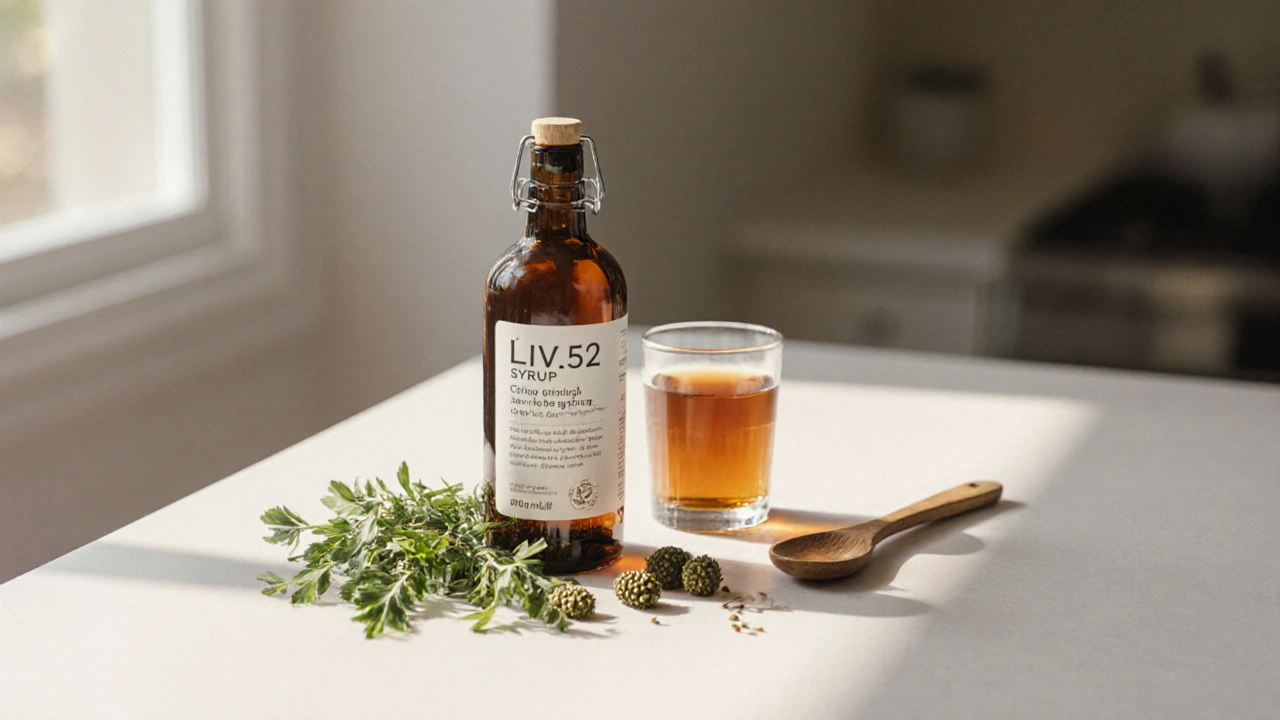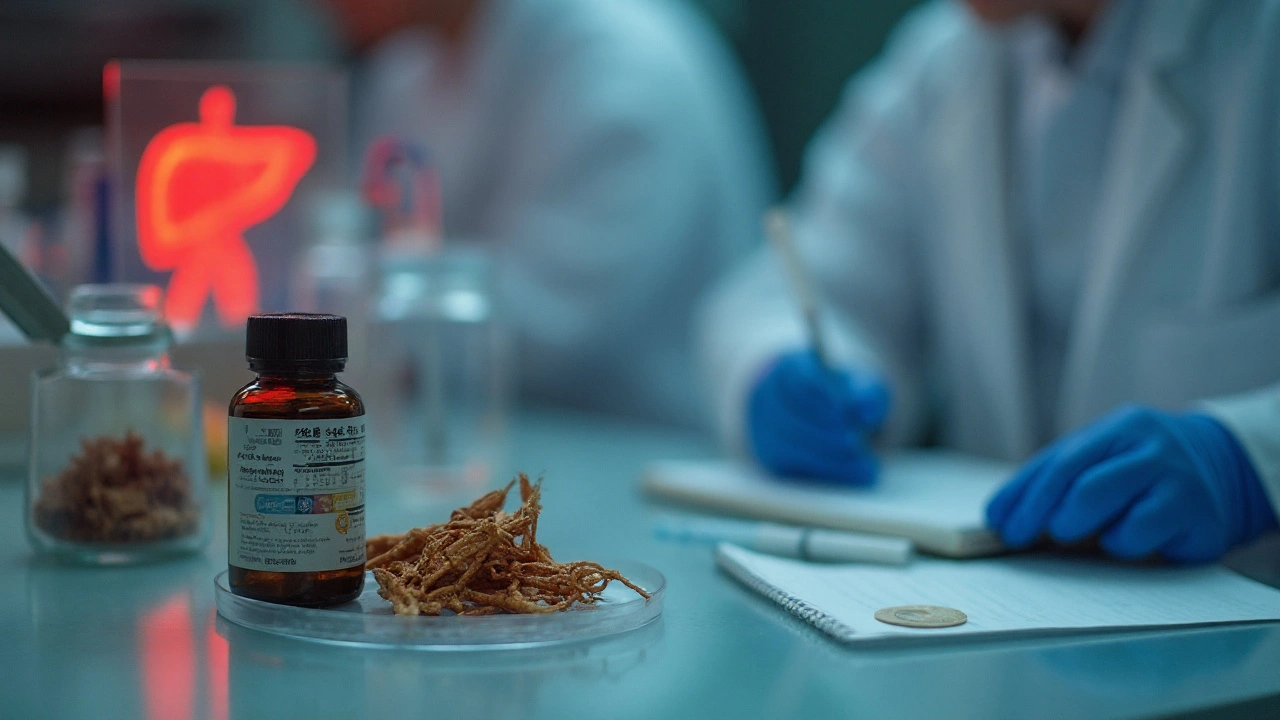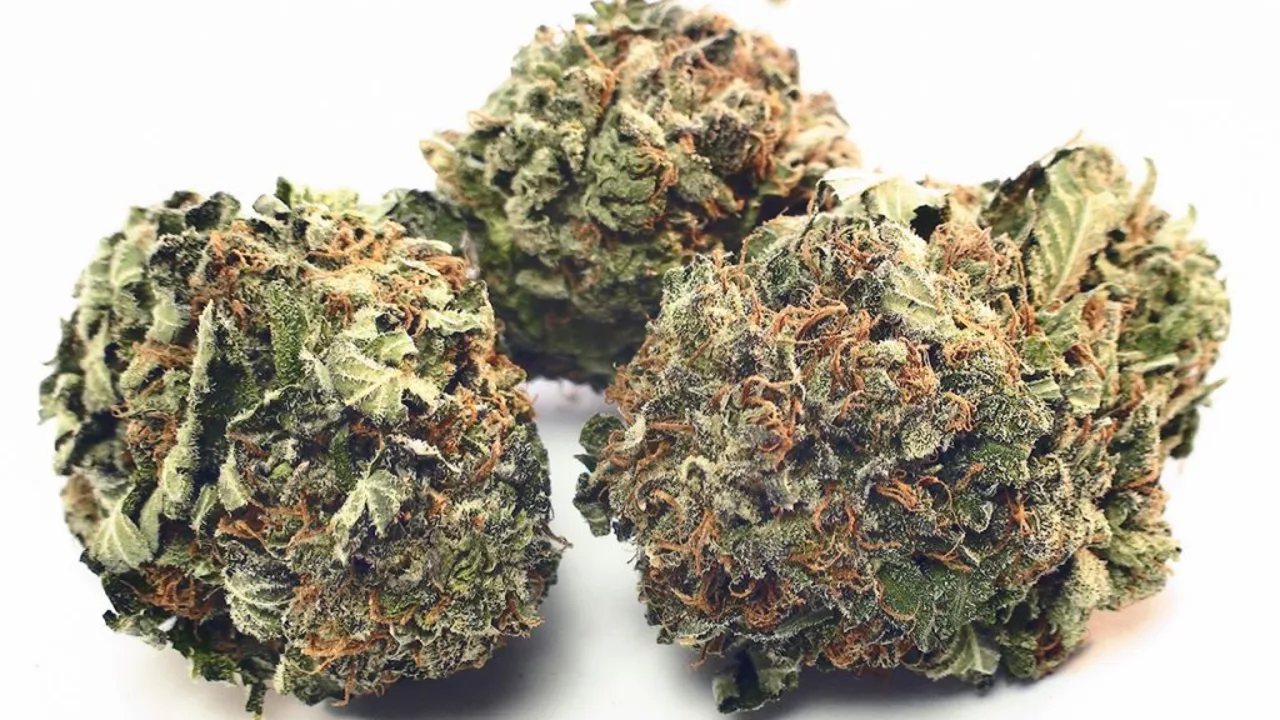Alternative Medicine: Practical Guides, Safe Use, and What Works
If you've been curious about herbs, oils, or treatments outside standard medicine, this page will help you sort what's useful, what's risky, and how to try things safely. I focus on clear tips you can use today, not vague promises. You'll find simple guides on popular options like herbal supplements, acupuncture basics, mind-body practices, and medicinal cannabis.
Start with safety. Talk to your doctor before mixing herbs or supplements with prescription drugs. Some supplements change how pills work or raise side effect risks. If you have chronic conditions, pregnant or breastfeeding, skip self-experimentation until you get medical advice. Keep doses modest and track how you feel.
How to judge claims? Look for studies or credible reviews, not only glowing testimonials. A practical check: does the source explain how a remedy works, list possible harms, and cite clinical trials or official guidelines? If you see only promises without evidence or a push to buy quickly, be skeptical.
Simple, evidence-backed options to consider: mindfulness and guided breathing for stress; honey for short-term cough relief in kids over one; topical arnica for mild bruises; and certain probiotic strains for antibiotic-associated diarrhea. These are low-risk moves that many people find helpful alongside regular care.
Herbs and supplements need more caution. St. John's wort can cut the effectiveness of birth control and some heart medications. Valerian helps some people sleep but can cause daytime grogginess. Fish oil has some benefits for heart health but can interact with blood thinners. Always choose reputable brands that test for purity.
What about acupuncture and manual therapies? Acupuncture can reduce chronic pain for many people; look for licensed practitioners and ask about sterile needles. Chiropractic adjustments may help back pain but avoid aggressive neck manipulation if you have vascular issues. A sensible approach: try one new therapy at a time and give it several weeks while tracking results.
Cannabis as medicine is growing fast. If you're considering it, learn the difference between THC and CBD, check legal status where you live, and start with low doses. Some readers here will find the post "The Most Influential Breeders and Their Signature Strains" helpful for learning strain histories and how breeders shape effects.
Keep records. Note what you tried, dose, timing, and effects. That makes it easier to discuss with clinicians and stop things that don't help. Also, watch for product quality: third-party lab testing and clear ingredient lists matter.
If you want specific guides - how to try CBD oil safely, which herbs to avoid with blood thinners, or how to pick a qualified acupuncturist - browse the posts below or ask me a question. I'll point you to reliable steps you can use right away.
If you prefer, tell me which issue you want help with - sleep, pain, digestion, or stress - and I'll point to specific articles, safe starting doses, and quality markers for products. Small steps beat quick fixes. I can also flag bad claims and show lab-report basics to watch right away.



